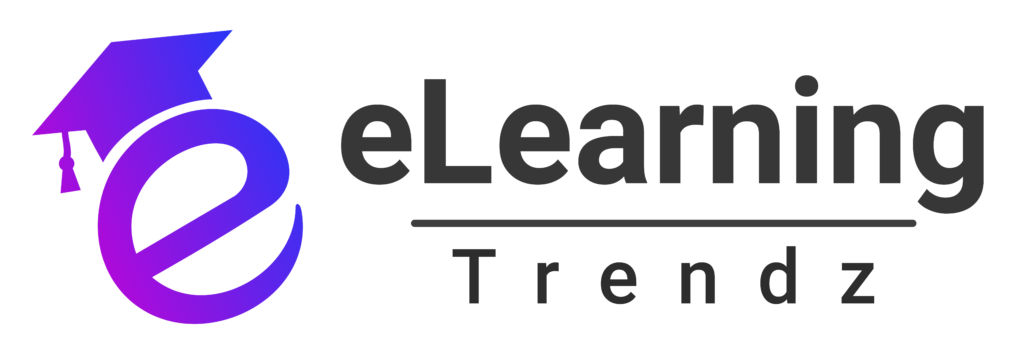In the ever-evolving corporate landscape, effective employee training is crucial for maintaining a competitive edge. A robust Learning Management System (LMS) can streamline training processes, improve knowledge retention, and drive employee performance. However, not all LMS platforms are created equal. To ensure corporate training success, it’s vital to choose an LMS with the right features. This blog highlights the ten essential LMS features every organization should consider.
1. User-Friendly Interface
A seamless user experience is critical for both learners and administrators. An LMS with an intuitive and easy-to-navigate interface ensures higher adoption rates and reduces the learning curve. Look for a platform that offers:
- Simple course navigation
- Clear dashboards
- Minimal technical expertise requirements
2. Mobile Compatibility
With the growing reliance on mobile devices, a mobile-friendly LMS is no longer optional. Employees need access to training materials anytime, anywhere. Key mobile features include:
- Responsive design
- Offline access
- Mobile apps for iOS and Android
3. Customizable Learning Paths
Every employee has unique learning needs. A good LMS allows organizations to create personalized learning paths based on job roles, skills, or performance. Benefits include:
- Increased learner engagement
- Faster skill acquisition
- Improved learning outcomes
4. Integration Capabilities
An LMS should integrate seamlessly with existing tools such as HR software, CRMs, and video conferencing platforms. Popular integrations include:
- Microsoft Teams
- Zoom
- Salesforce
5. Gamification
Gamification enhances learner motivation by incorporating game elements into training. Features like leaderboards, badges, and rewards make learning fun and engaging, driving better participation and retention rates.
6. Reporting and Analytics
Detailed analytics help organizations track learner progress, course completion rates, and overall training effectiveness. An LMS with robust reporting features provides actionable insights to improve training programs.
7. Compliance Management
For industries with strict regulatory requirements, compliance training is critical. An LMS should offer features like:
- Automated tracking of certifications
- Compliance-specific learning paths
- Real-time reporting for audits
8. Content Library and Authoring Tools
An LMS should provide access to a rich content library and built-in authoring tools for creating interactive courses. Support for multiple content formats such as videos, quizzes, and PDFs enhances the learning experience.
9. Multi-Language Support
Global organizations need an LMS that supports multiple languages. This ensures training materials are accessible to employees across different regions, fostering inclusivity and broadening learning reach.
10. Security and Data Privacy
With sensitive employee and company data involved, robust security features are a must. Look for an LMS that complies with data protection regulations like GDPR and offers:
- Data encryption
- Role-based access control
- Regular security audits
Conclusion
Choosing an LMS with these essential features can significantly impact your corporate training program’s success. From improving learner engagement to ensuring compliance, the right LMS empowers organizations to achieve their training goals efficiently. Paradiso LMS, with its comprehensive suite of features, is a leading solution designed to meet diverse corporate training needs.









